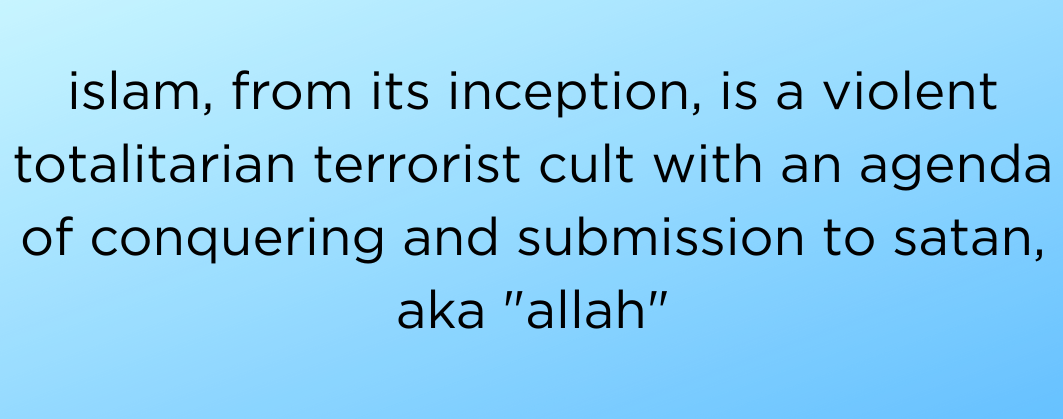
Posted on 10/20/2025 4:44:53 AM PDT by MtnClimber
His father’s values explain why he hates the America you love.
In today’s political landscape, few figures embody the fusion of imported radicalism and homegrown extremism more vividly than Zohran Mamdani.
His rise is not an isolated phenomenon. It’s the product of a layered history that stretches from the British Empire’s colonial machinations in East Africa to the ideological battleground of New York City. Understanding his ideological roots reveals not only where this movement came from but where it may be heading.
The story begins in colonial Uganda, where the British cemented their rule by granting privileged status to Indian merchant communities, including Mamdani’s ancestors. They served as intermediaries between imperial rulers and native Africans, a structure that divided society into privileged urban elites and disenfranchised rural subjects.
Mahmood Mamdani, Zohran’s father, was born in 1946 in Bombay to Gujarati Muslim parents who belonged to this colonial-era trading elite. Raised in Kampala, he grew up surrounded by both the privileges and tensions of this imperial arrangement.
When Uganda gained independence in 1962, the colonial system’s ethnic hierarchies persisted, laying the groundwork for instability. A decade later, this tension exploded when Idi Amin expelled 80,000 Asians, including the Mamdani family, confiscating their property and forcing them into exile.
In 1973, Mahmood chronicled this experience in his memoir From Citizen to Refugee, portraying the expulsion as both traumatic and historically inevitable—a reckoning with the legacy of colonial intermediaries. The family’s displacement became a defining element of its identity, planting seeds of grievance and radical critique that would shape future generations.
Mahmood Mamdani responded to exile not by retreating but by turning his experience into a sustained critique of Western civilization. He returned to Uganda in 1986 to challenge “Eurocentric” academic structures, working to dismantle what he viewed as lingering colonial intellectual dominance.
(Excerpt) Read more at americanthinker.com ...
Muslim marxist hates Western Civilization. Wants to tear it down.
concise, thanks
The article fails to mention the benefits of colonial rule: stopping the near constant inter-tribal wars. Improved transportation by road and railway, powered water craft. Improved agriculture, modern medicine.
India, being under colonial rule longer, benefited much more. It also had the benifit of a literate civilization before British rule. Unfortunately, India gained independence while socialism was all the rage in England.
The roots of his rage?
He was born in a religion which is in a state of total war against all infidels.
And employing guile to that end is explicitly part of that religion.
“Improved transportation by road and railway”
The white man did not just “improve it”.
In most cases he designed/engineered and developed it from scratch.
Mamdani has stood on the shoulders of...hard working white men.
Mamdani= Obama squared. Background practically the same.
His grief is with Uganda. He should return there.

‘He returned to Uganda in 1986 to challenge “Eurocentric” academic structures’
Marxism is an entirely European philosophy, but people like him embrace it to shed themselves of European influence. They don’t bother to think things through.
“In 1973, Mahmood chronicled this experience in his memoir From Citizen to Refugee, portraying the expulsion as both traumatic and historically inevitable—a reckoning with the legacy of colonial intermediaries...”
I am sure thousands of people wrote memoirs in 1973, and thousands were never accepted for publication.
My question is, how did his ‘refugee’ father’s memoir make it to publication? Who did he know, or who decided there was a need for the story?
Not exactly a news flash or nothing... Muslims gotta muslim.
As in the "Duck theory", it is always what it is....er, something like that.
Yep. He’s a commie Jim. They hate just to hate.
Disclaimer: Opinions posted on Free Republic are those of the individual posters and do not necessarily represent the opinion of Free Republic or its management. All materials posted herein are protected by copyright law and the exemption for fair use of copyrighted works.